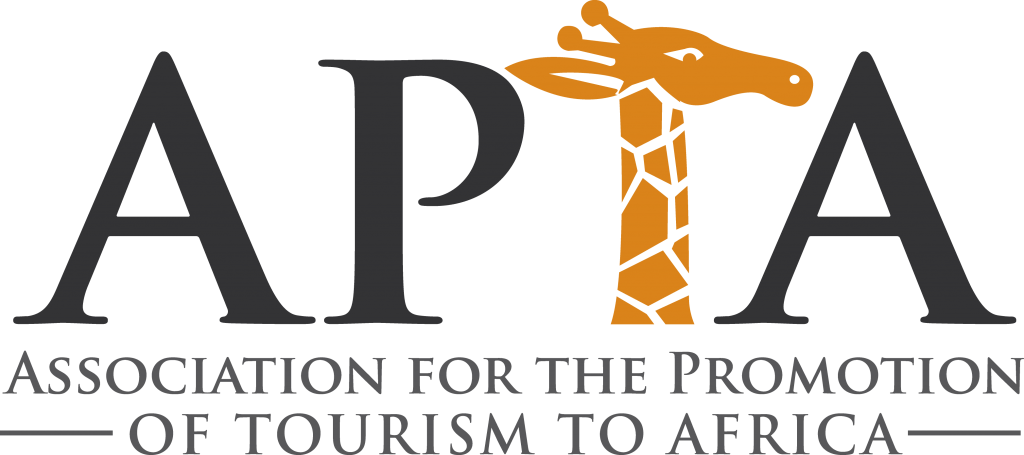By Dan Ngabonziza in KT PRESS
Rwanda has assembled a team of 60 scientists and tasked them with conducting a head count of all living mountain gorillas along the Greater Virunga Trans boundary. The census, the government says, will provide data for policy and ways of boosting the country’s tourism and conservation efforts. Indeed, on October 6, national park authorities from Rwanda, DRC and neighboring Uganda launched a gorilla population census, aimed at discovering the rare species that may have been unaccounted for.
In September, the three countries signed a Greater Virunga Trans-boundary treaty. Among other details, their survey will discover and provide vital information on age classes and sex ratios, number and size of the gorilla family groups. “The signing of the treaty signifies political will and commitment from the three countries to the new count of gorillas in the Virumga massif,” Dr. Muamba Tshibasu Georges, the group’s executive secretary said. The last census, conducted in 2010, indicated that for the previous five decades, gorilla populations in the Trans-boundary protected area in the region had grown from 274 in 1972 to 480 . Rwanda has 302 of the total number of gorillas from 20 families. In 2005, Rwanda introduced the Kwita-Izina (gorilla-naming) ceremony, that has become an annual international event. This year, the country celebrated the birth of 24 baby gorillas.
The event attracts thousands of foreigners and locals, who gather in the country’s Northern Province to name new baby species that earn Rwanda millions of dollars every year in tourism attraction revenues. According to RDB, Mountain gorilla visits remain a hot favourite and a mega revenue generator, having brought in 93% of $16.8 million revenues from park visits last year. Foreigners visiting gorillas pay $750, whereas a foreign resident pays $350, and locals pay Rwf30, 000 ($42). Meanwhile, the census is supported by the International Gorilla Conservation Programme- a coalition of Fauna and Flora International and WWF, Max Planck Institute for Evolutionary Anthropology, Dian Fossey Gorilla Fund International, Institute of Tropical Forest Conservation, Gorilla Doctors, and North Carolina Zoo.






About The Author: Cheryle Velsor
More posts by Cheryle Velsor